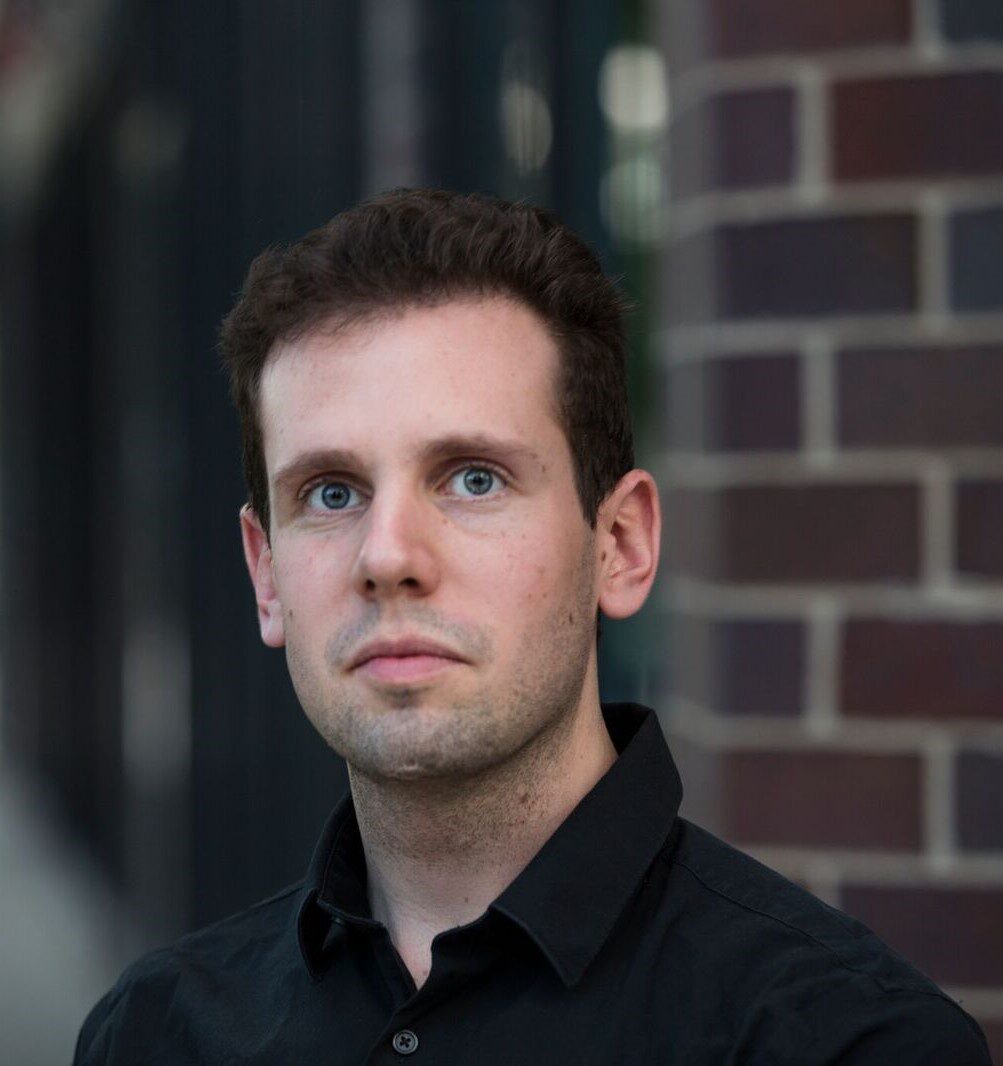We recently had the chance to connect with Marc Azoulay LPC, LAC, CGP, ACS and have shared our conversation below.
Marc, really appreciate you sharing your stories and insights with us. The world would have so much more understanding and empathy if we all were a bit more open about our stories and how they have helped shaped our journey and worldview. Let’s jump in with a fun one: What are you most proud of building — that nobody sees?
What I’m most proud of building right now isn’t something public, it’s my family. My wife and I are expecting our first child at the end of January, and preparing for that has been the most meaningful project of my life. It’s reshaped how I think about responsibility, patience, and legacy. There’s a quiet pride in getting the home and land ready: cutting down trees, maintaining our water supply, managing the wildlife that wanders through our property up here in Evergreen, Colorado.
It’s physical work, but it’s also deeply symbolic. Each weekend of clearing brush or fixing something small around the house feels like a meditation on fatherhood: building something steady, alive, and ready to hold a future.
No one sees that part, the early mornings, the sawdust, the slow transformation of raw mountain land into a home – but that’s the work that matters most to me. It’s grounding. It keeps me connected to what’s real, especially when the rest of my life involves building digital communities for men trying to do the same: find solid ground.
Can you briefly introduce yourself and share what makes you or your brand unique?
My name is Marc Azoulay LPC, LAC, CGP, ACS, and I’m a psychotherapist and the founder of Men’s Therapy Online, a Colorado-based mental health ecosystem built for men who want to reclaim their strength, purpose, and belonging.
My path to this work started long before my professional training. I was bullied as a kid, and as I got older, I numbed the pain through drugs and self-destruction. Sobriety didn’t come easy, it took years of therapy, Buddhist practice, and confronting the parts of myself I’d spent my whole life running from. Through that process, I learned that healing isn’t about perfection or pretending to be “fine.” It’s about honesty, accountability, and connection – the things most men are starved for.
That’s why I built Men’s Therapy Online: it’s what I wish I had when I was trying to find my way out. We combine therapy, men’s groups, and community in a way that’s accessible, direct, and real. It’s a space for men who are ready to stop performing and start being, where vulnerability and strength aren’t opposites, but two sides of the same coin.
Today, MTO is growing into a full ecosystem, with online groups, podcasts, courses, and a Slack-based brotherhood, all designed to help men find meaning and connection in a disconnected world.
Appreciate your sharing that. Let’s talk about your life, growing up and some of topics and learnings around that. What breaks the bonds between people—and what restores them?
Disconnection starts with fear. Fear of rejection, fear of being seen, fear that if people knew the truth about us, the shame, the anger, the need, they’d walk away. Most of us learn early on to protect ourselves by hiding. We put up walls, wear masks, and start performing versions of ourselves that feel safe but hollow. That’s what breaks the bond: the slow erosion of honesty.
What restores connection is presence and courage. It’s the moment someone tells the truth and stays – when you stop managing how you’re perceived and let yourself actually be seen. Therapy, men’s groups, meditation, all of it is just practice for that one essential act: showing up without the armor.
Buddhism calls it “right relationship.” Psychoanalysis calls it “authentic encounter.” In Men’s Therapy Online, we just call it brotherhood men being real with each other. That’s how bonds are rebuilt: one honest moment at a time.
What did suffering teach you that success never could?
Suffering taught me what success tried to make me forget: that strength isn’t about control, it’s about surrender. When I was younger, I chased achievement like it could erase the pain of being bullied, the chaos of addiction, or the emptiness underneath it all. But success only reinforced the mask.
It wasn’t until everything fell apart that I started to wake up. Through therapy and Buddhist practice, I learned to sit with pain instead of running from it. In that space, something sacred emerged, empathy, humility, and a sense of connection that no victory could ever give me.
That’s the path of the Wounded Healer – the one who transforms his own suffering into a bridge for others. Men’s Therapy Online was born from that place. It’s the embodiment of what I learned in the dark: that our wounds don’t disqualify us from healing others. They’re the proof that we can.
I think our readers would appreciate hearing more about your values and what you think matters in life and career, etc. So our next question is along those lines. What are the biggest lies your industry tells itself?
The biggest lie in psychotherapy is that men fail at treatment. That they’re resistant, avoidant, or emotionally unavailable – that they don’t “go deep” or “do the work.”
In truth, it’s the industry that’s failing men. We’ve built a therapeutic model that often mirrors feminine modes of connection, emotionally expressive, relational, and open-ended, and then we fault men for not thriving in it. Many men don’t want to be feminized in therapy. They’re not looking to be “softer” or “nicer.” They want to become better men: grounded, honest, disciplined, capable of intimacy and leadership.
Traditional therapy too often shames masculine traits instead of helping men refine and channel them. At Men’s Therapy Online, we take a different approach: we honor masculine energy, we give it direction, and we help men build strength through vulnerability, not in spite of it. When therapy respects a man’s nature, he shows up fully. Every time.
Okay, so let’s keep going with one more question that means a lot to us: What is the story you hope people tell about you when you’re gone?
I hope people say that I was real – that I showed up as myself, without pretense or performance.
I want to be remembered as someone who was generous with his time, his knowledge, and his presence. Someone who lived by his principles, not by convenience. In this line of work, it’s easy to build a persona, to become the “expert” or the “leader.” But what’s always mattered more to me is being ethical and human, not polished or perfect.
If the men I’ve worked with remember me as someone who told them the truth, held them accountable, and believed in their strength when they couldn’t, that’s enough. I don’t need to be seen as a success story. I just want to be remembered as someone who lived honestly, gave freely, and left people a little more grounded than he found them.
Contact Info:
- Website: https://menstherapy.online
- Instagram: https://www.instagram.com/mens.therapy.online/
- Linkedin: https://www.linkedin.com/in/marcmazoulay/
- Twitter: https://twitter.com/marcmazoulay
- Facebook: https://www.facebook.com/menstherapyonline
- Youtube: https://www.youtube.com/@menstherapyonline
- Other: https://open.spotify.com/show/4hZDwwOmKLplBvlRDdkqeS
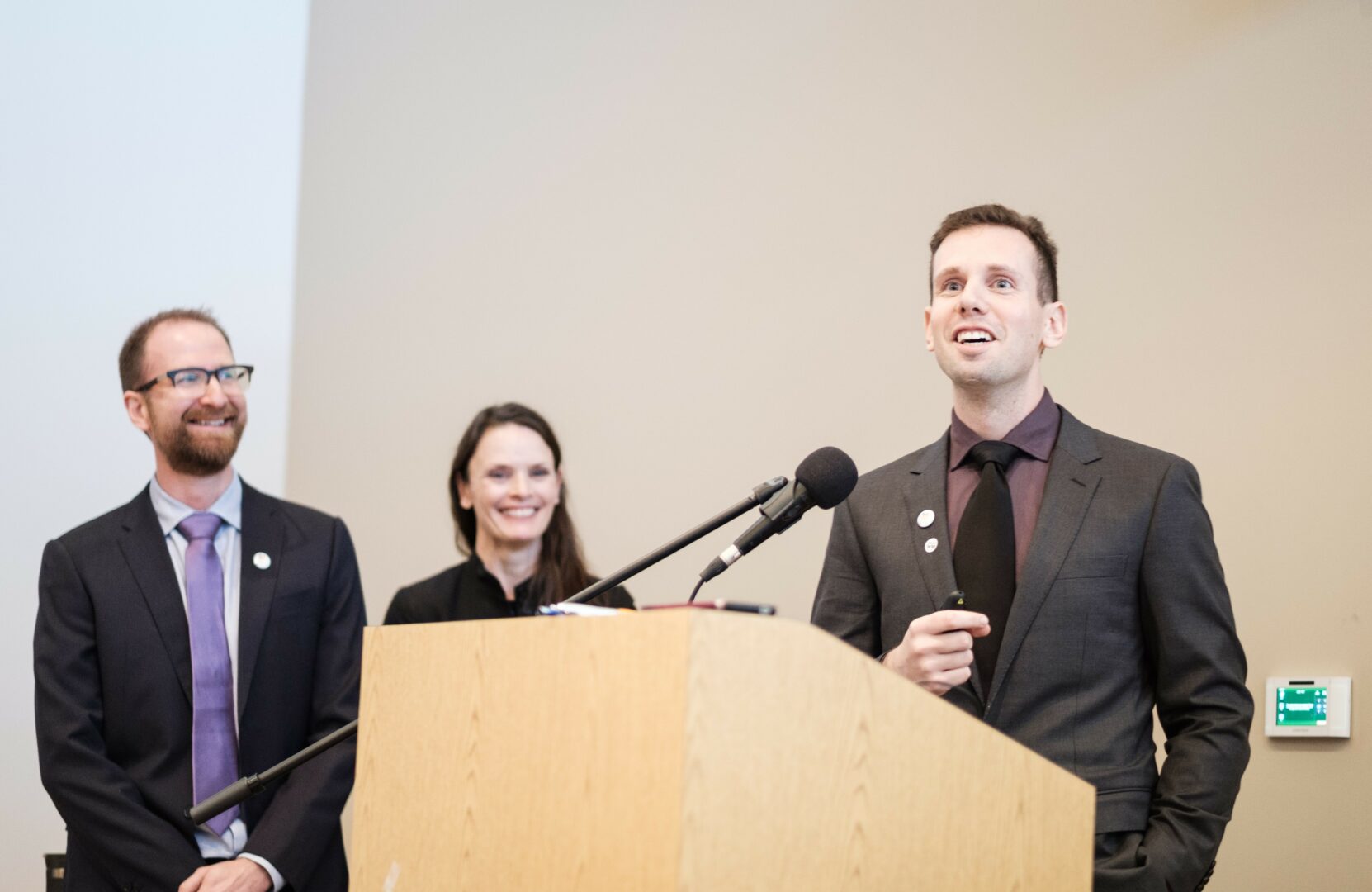
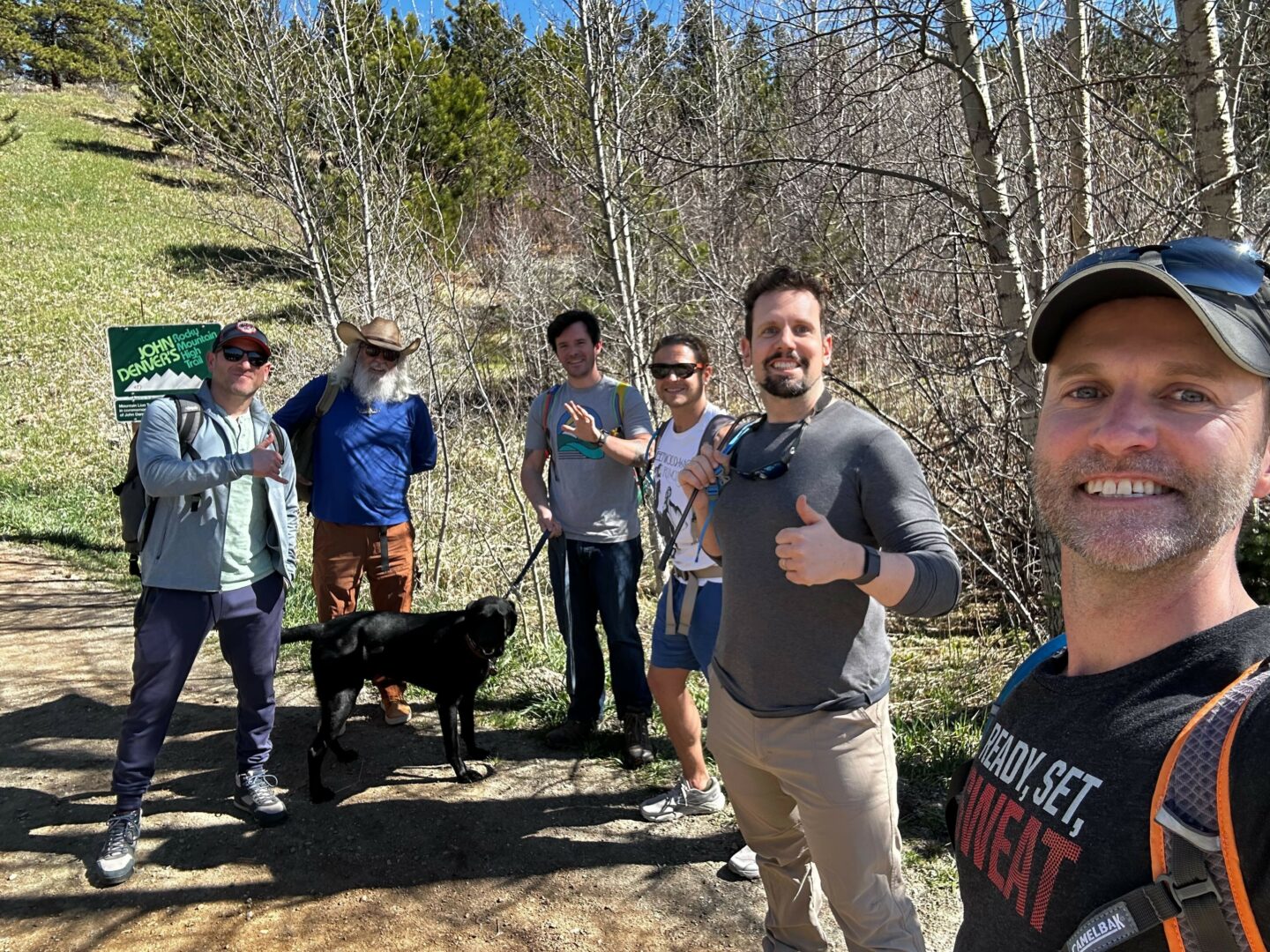
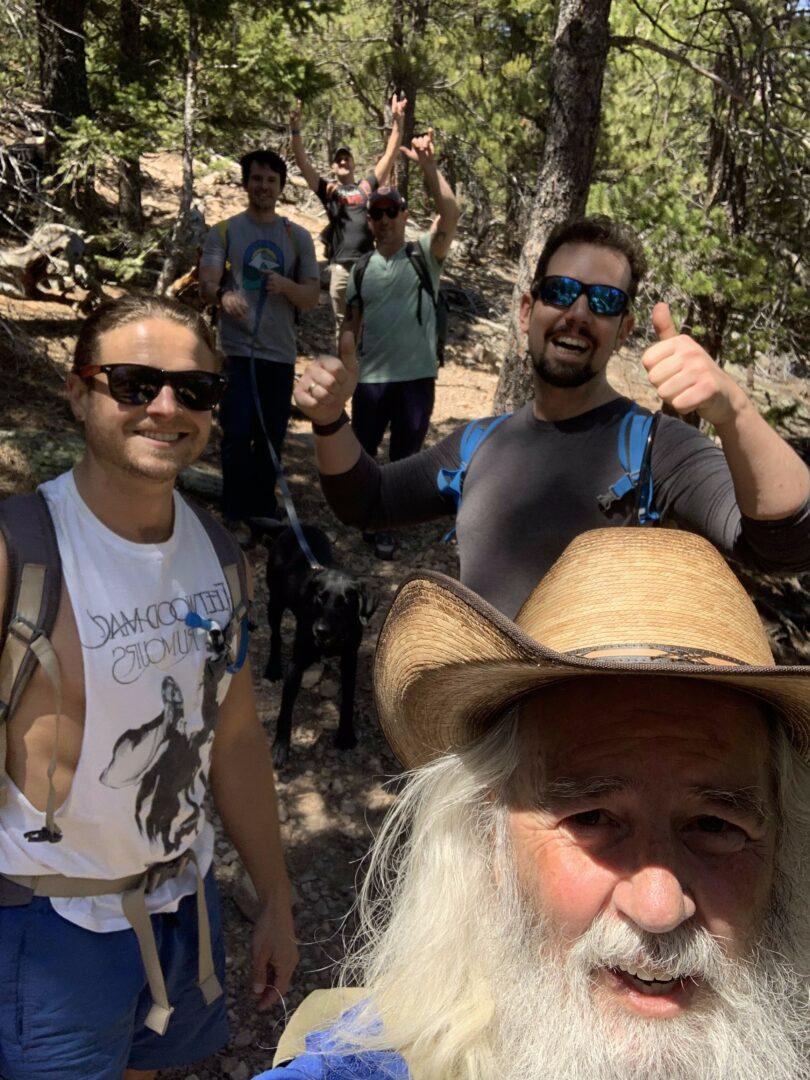
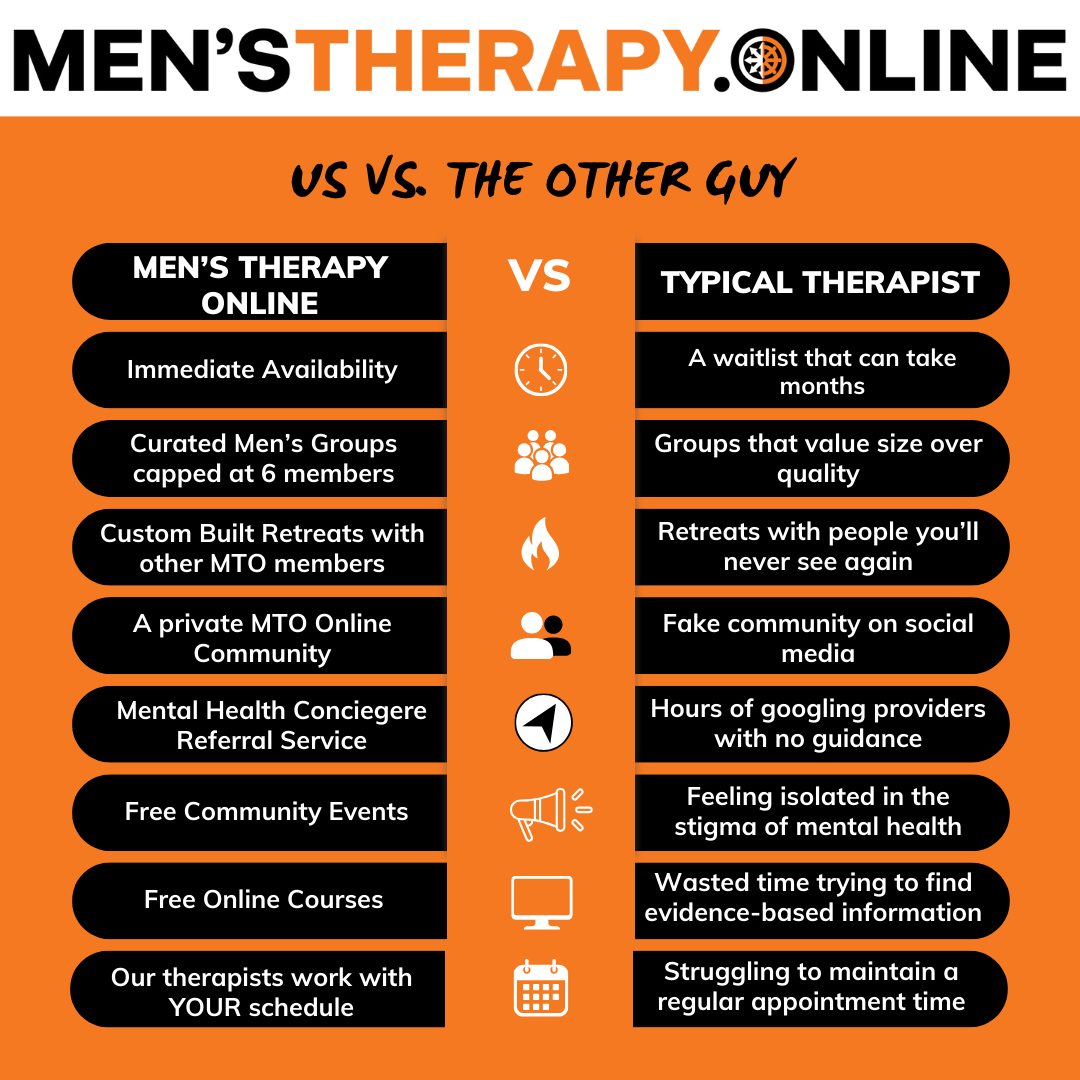
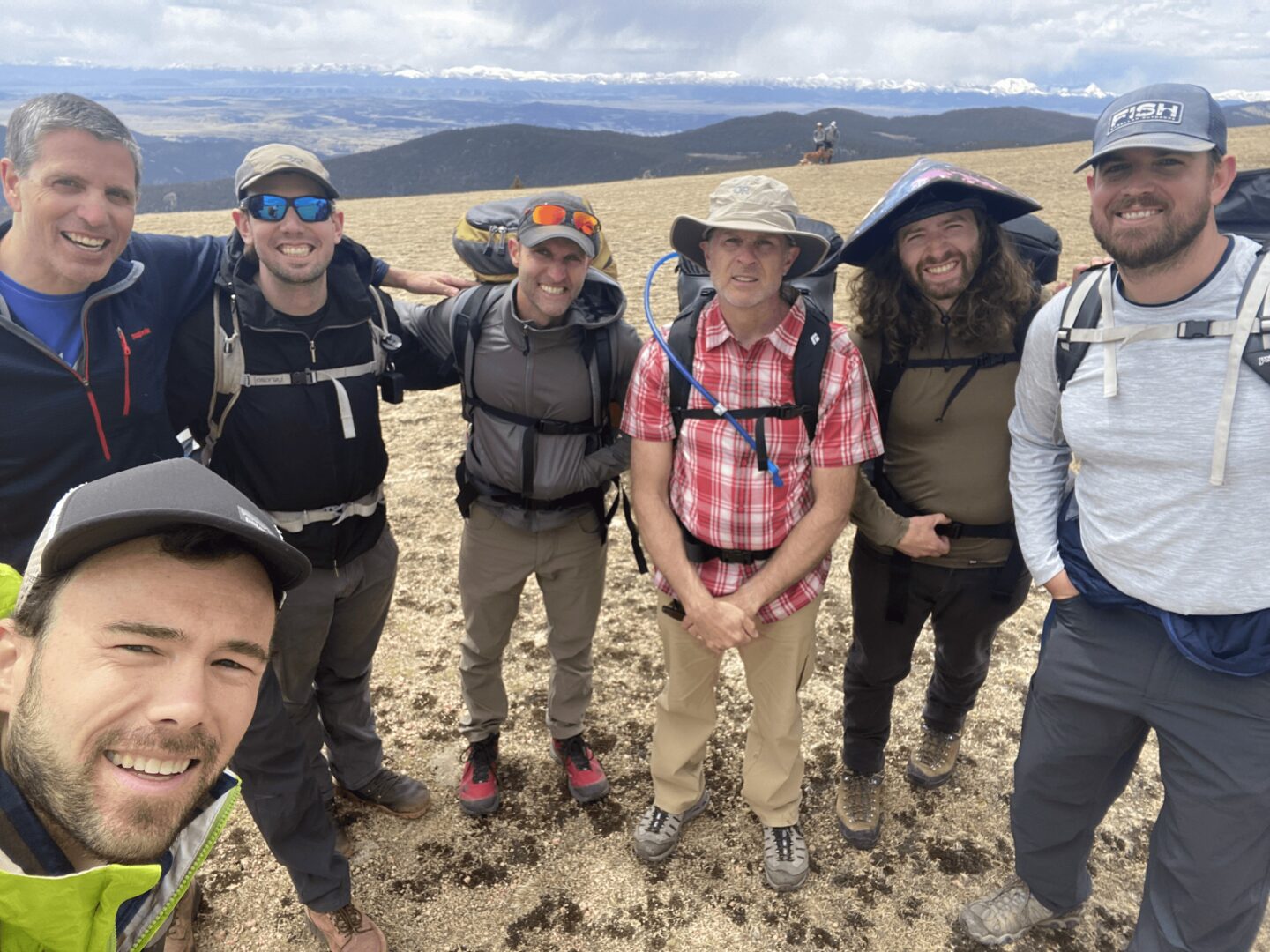
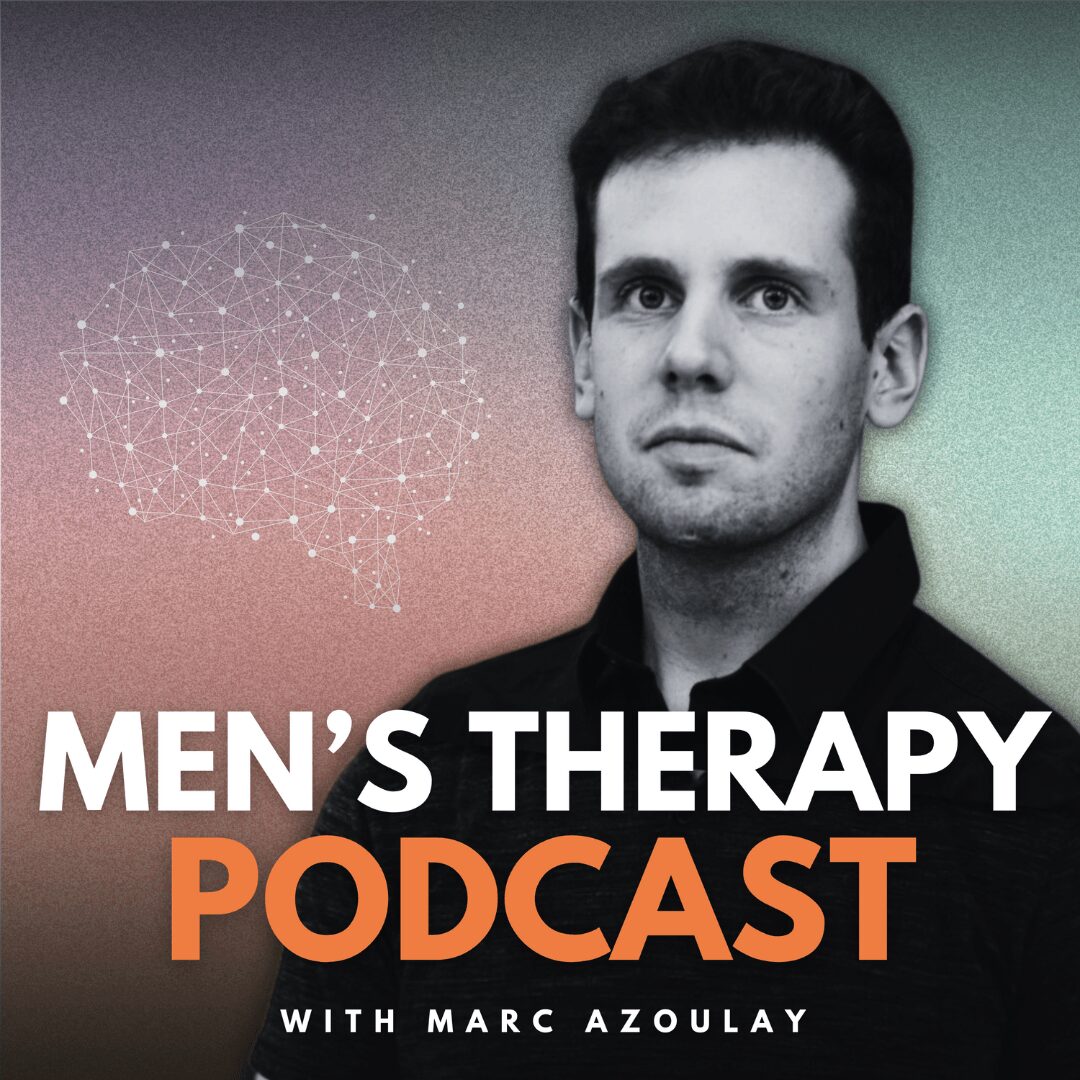
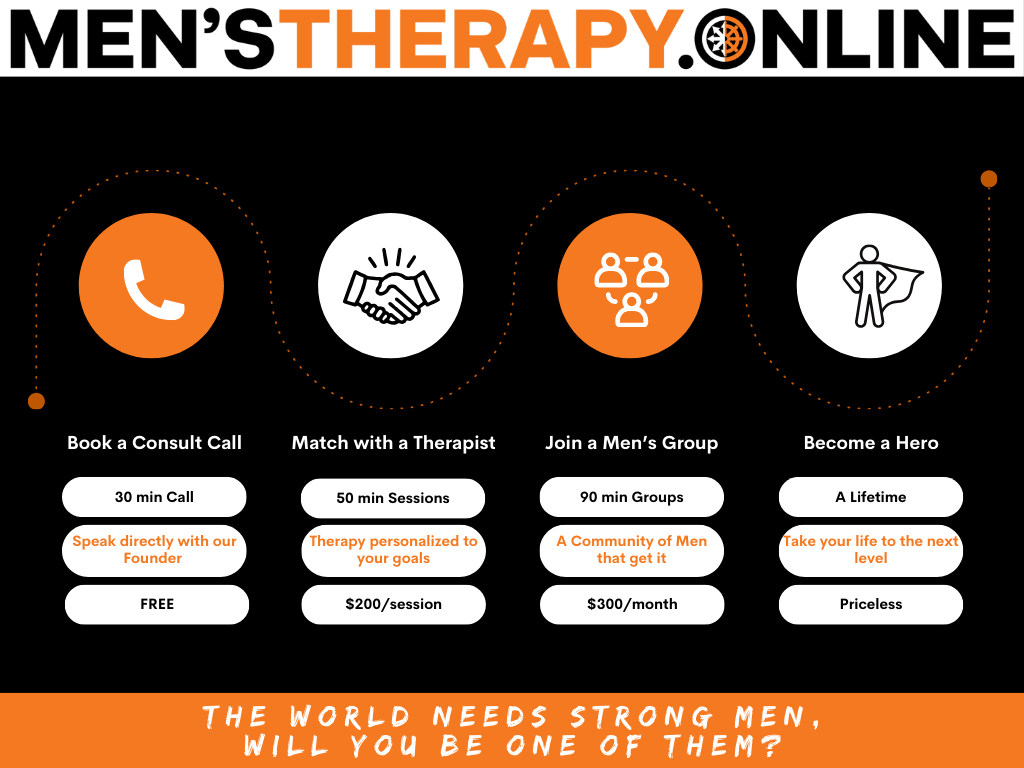
so if you or someone you know deserves recognition please let us know here.

